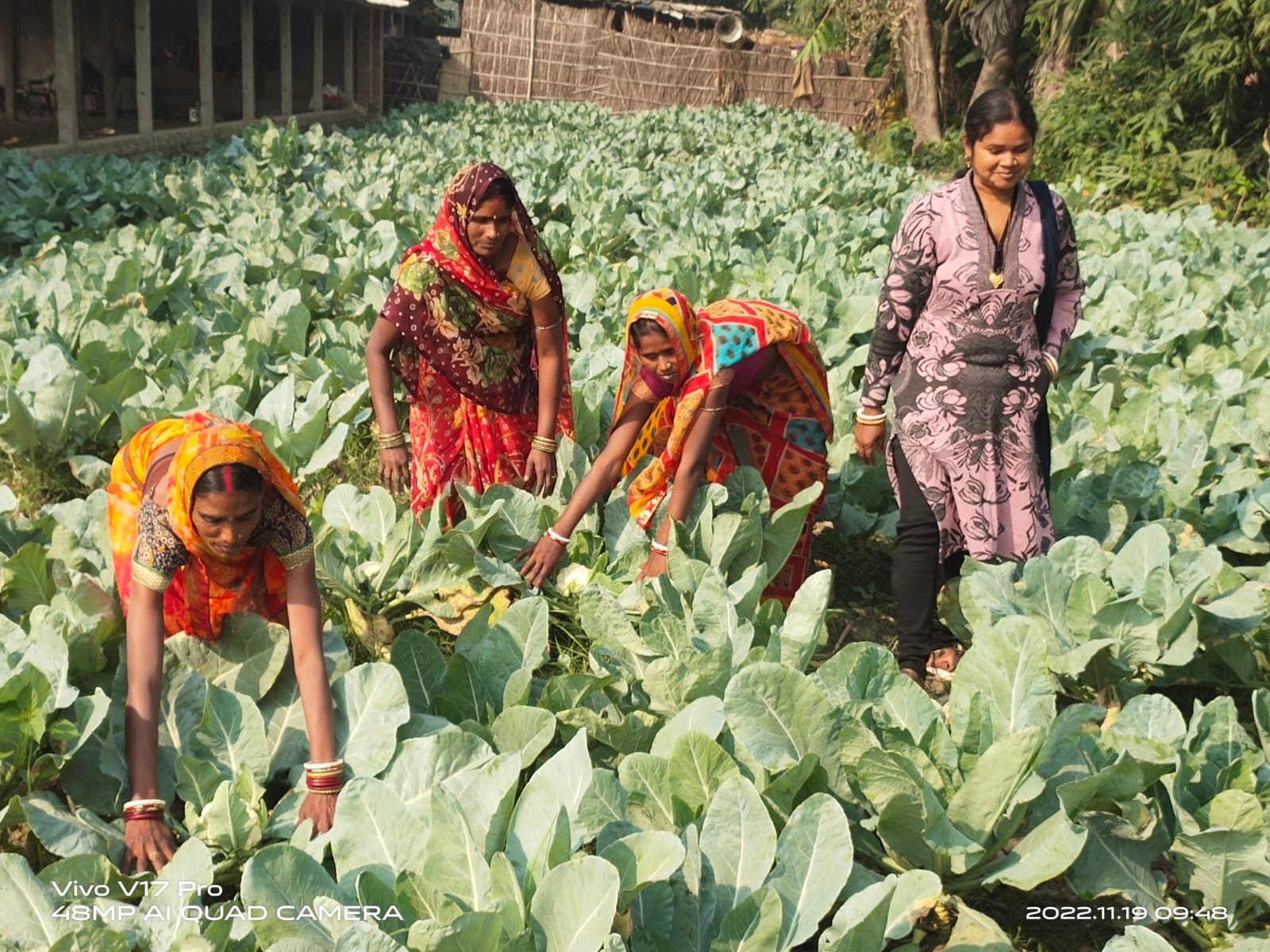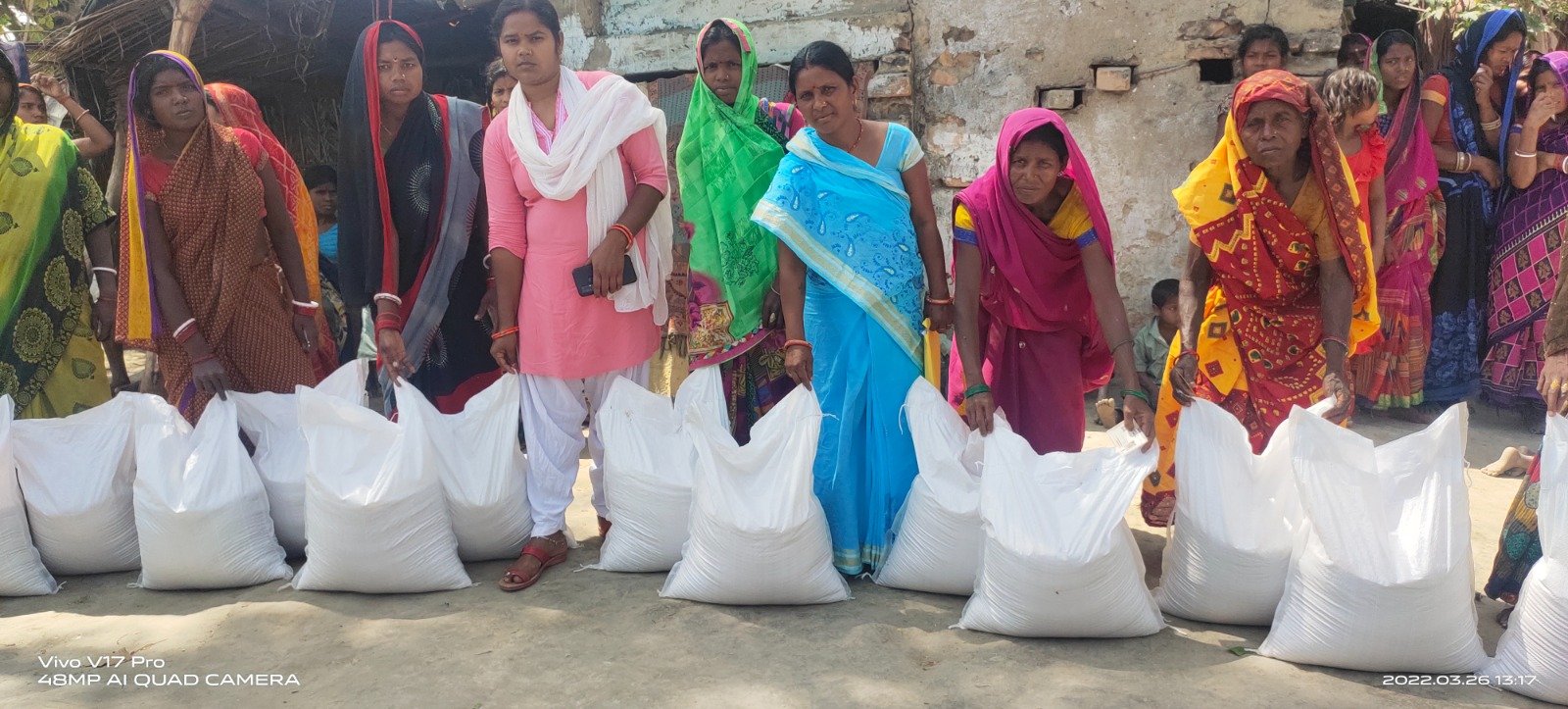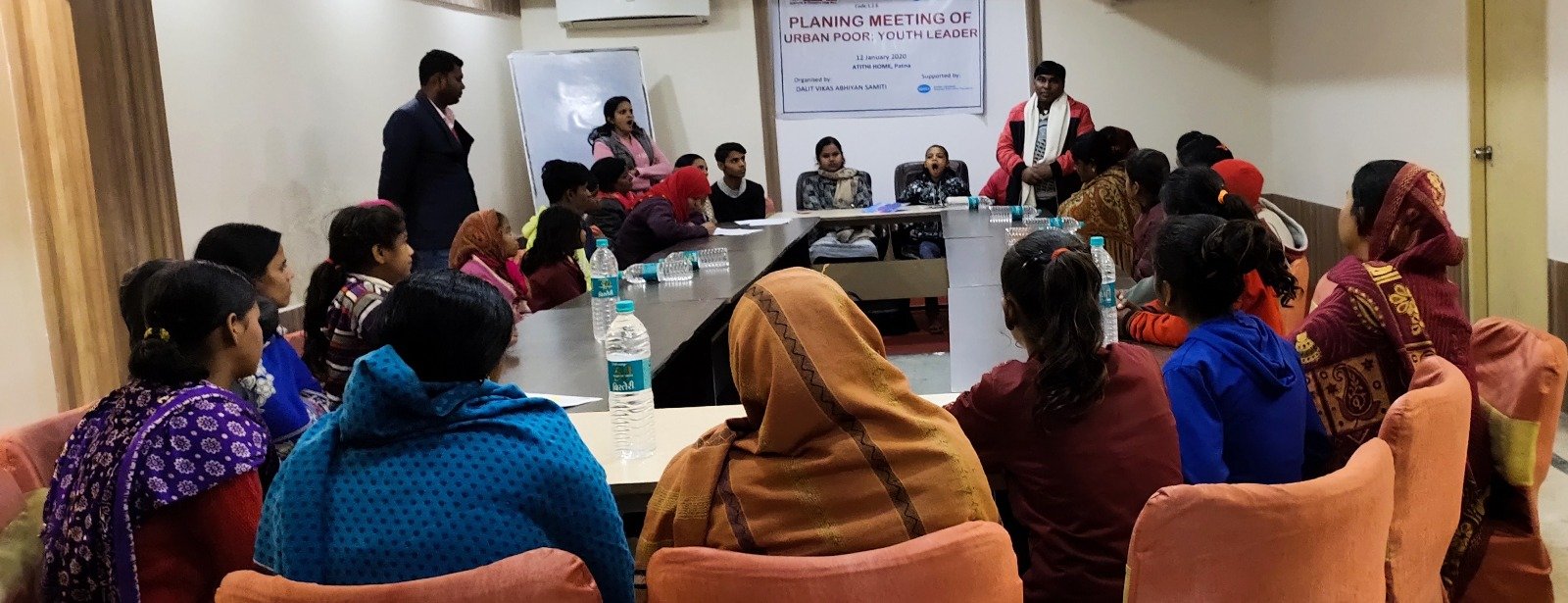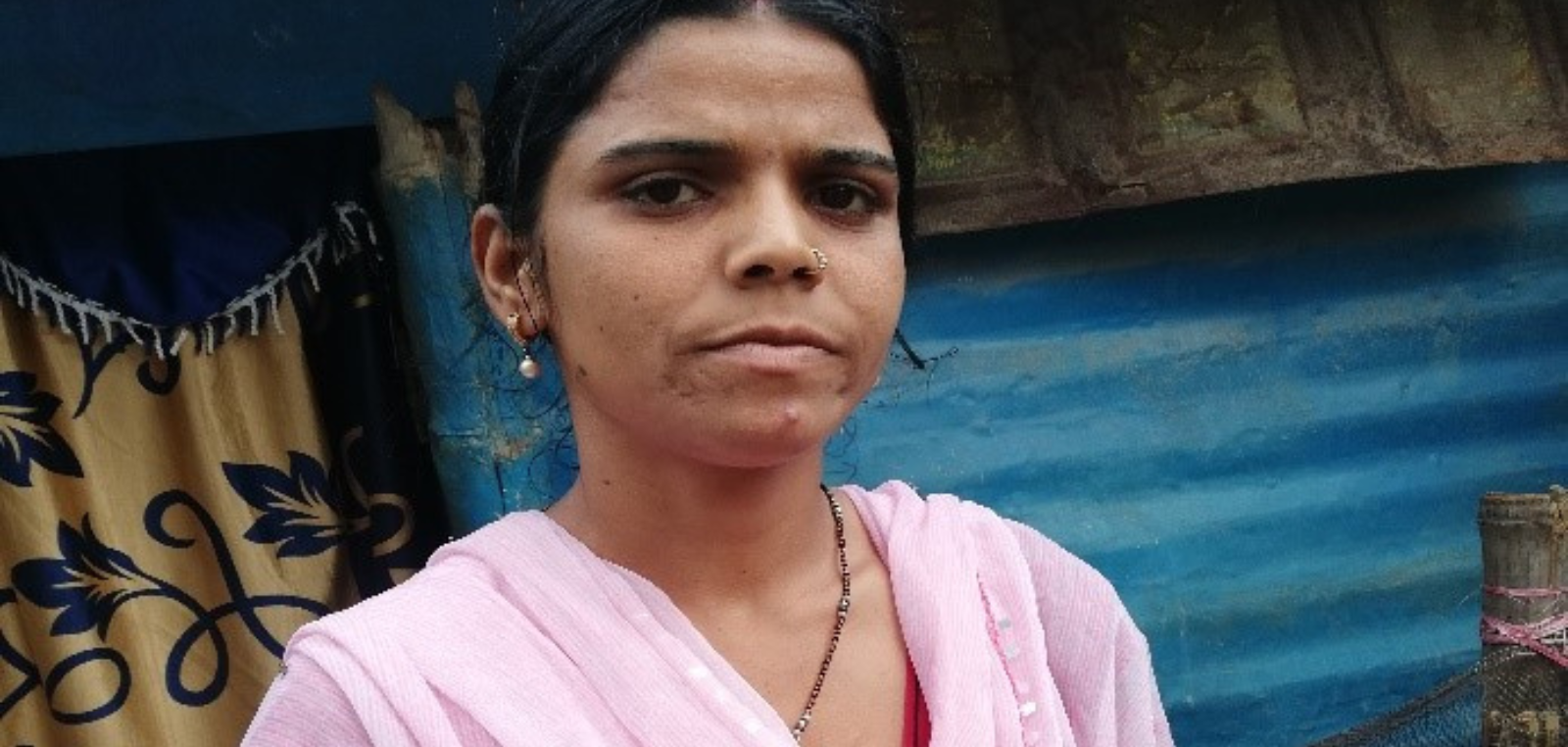.jpeg)
MANOBAL BIHAR: ERASE STIGMA, EMBRACE MENTAL WELLNESS
Positive Change: Mental Health and Behavior Change Awareness Program
.jpeg)
MANOBAL BIHAR: MENTAL WELLNESS THROUGH COUNSELING
Positive Change: Mental Health and Behavior Change Awareness Program
.jpeg)
HEALTHY PERIODS, SAFE LIFE: EMPOWERING GIRLS
Ambedkar Kishori Club: Dignity & Period Security for a Brighter Future.
.jpeg)
EMPOWERING YOUTH: AMBEDKAR YOUTH FORUM
Skills, Minds, and Entrepreneurship: Building Bihar's Future, Together.
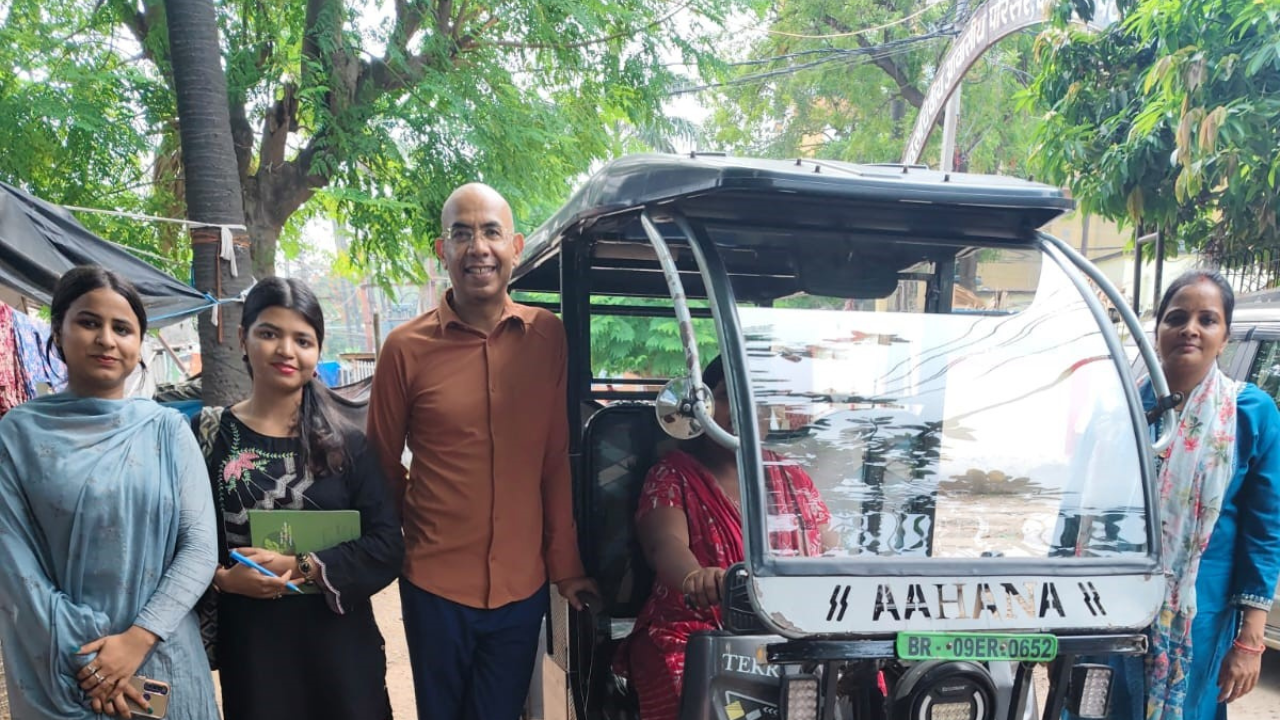
TRANSFORMING LIVES: WOMEN ENTREPRENEURS
From Vulnerable to Victorious: Building Sustainable Livelihoods Through Local Employment.
.jpeg)
MASTER TRAINER WORKSHOP FOR YOUTH EMPLOYABILITY
Empowering Trainers, Transforming Futures: Elevating Skills and Careers.
.jpeg)
SAVITRIBAI PHULE HONORS: GIRLS' EDUCATION
Celebrating Young Women Leading the Fight Against Child Marriage and School Dropouts.
.jpeg)
STATE CONFERENCE: URBAN POOR & HOMELESS
Addressing Social Security, Housing, Education, and Safety for All.
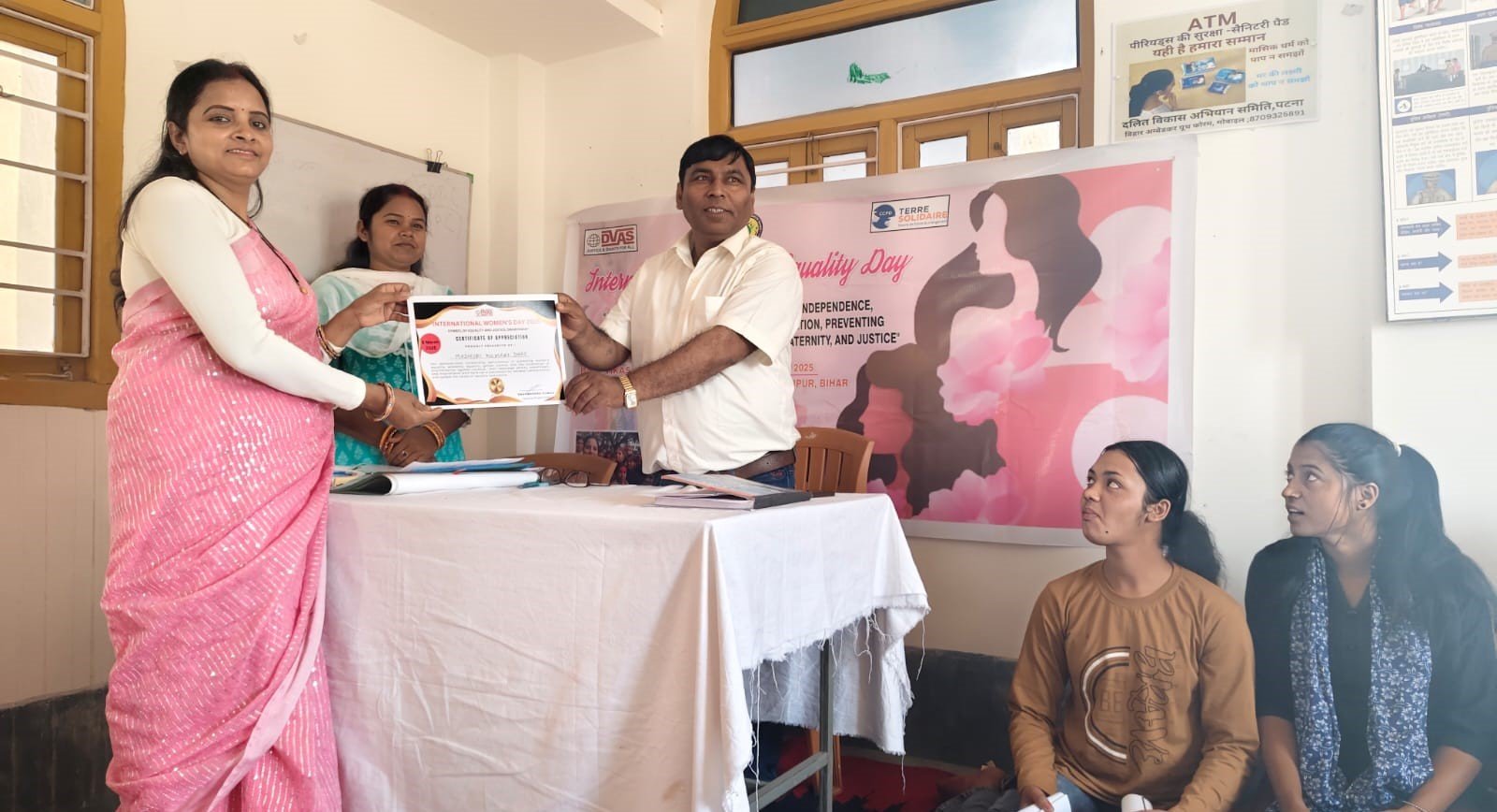
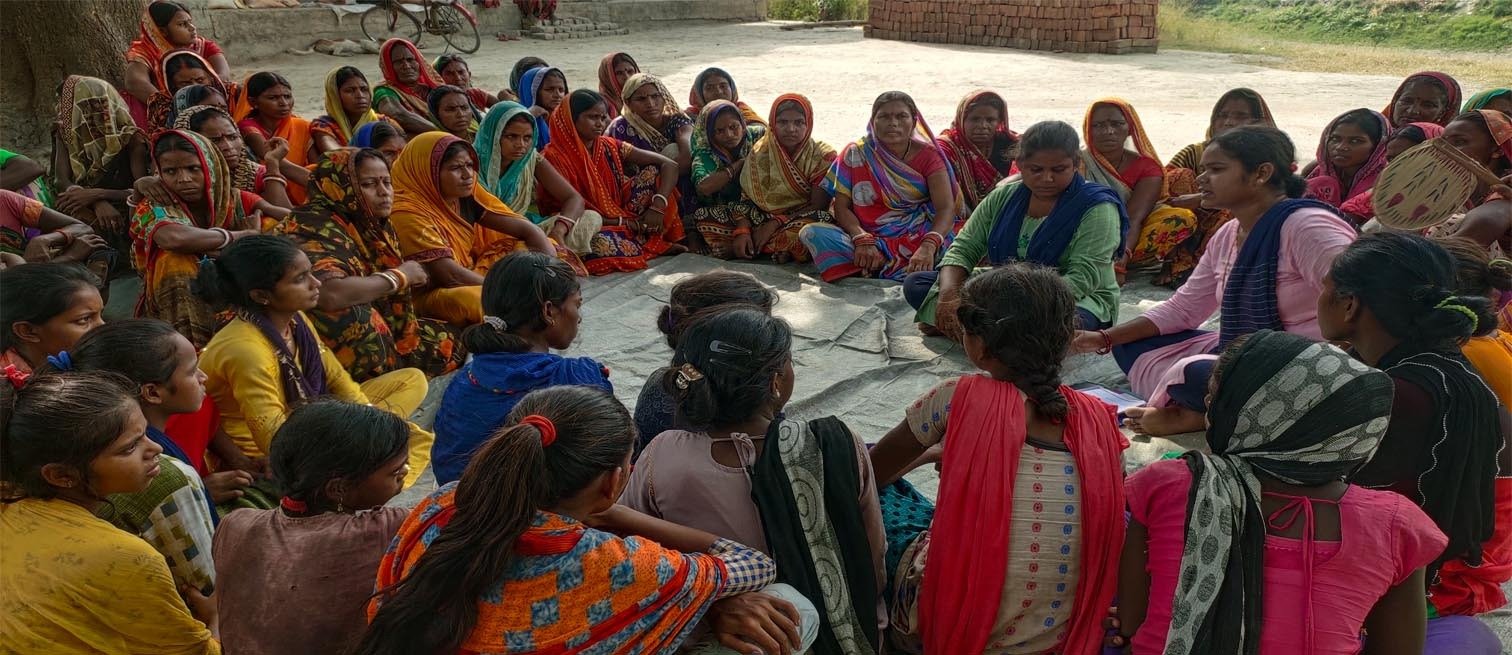
.jpeg)
.jpeg)
.jpeg)
.jpeg)
